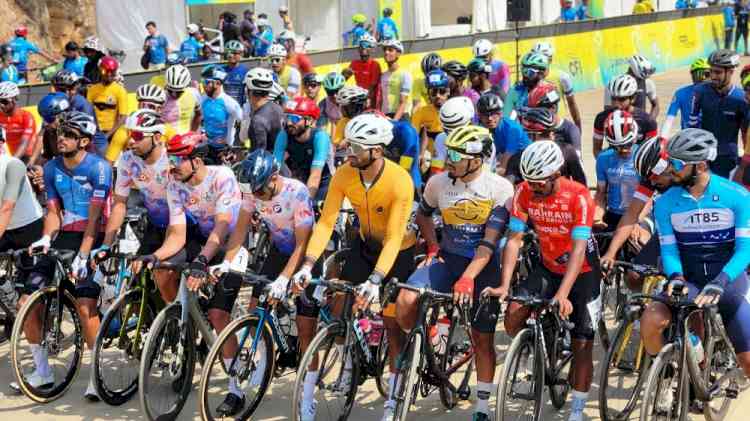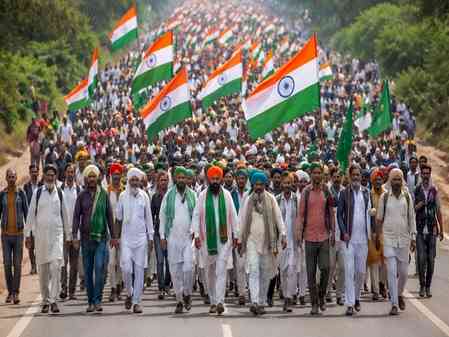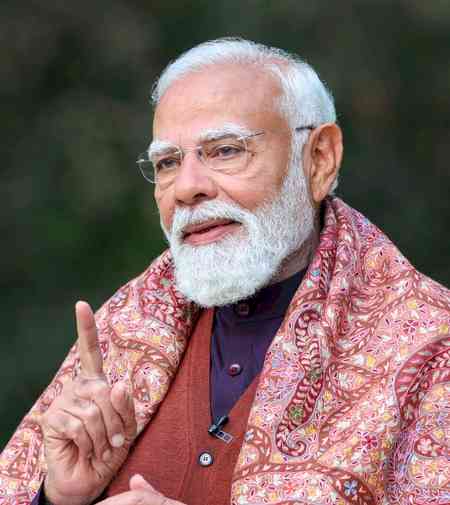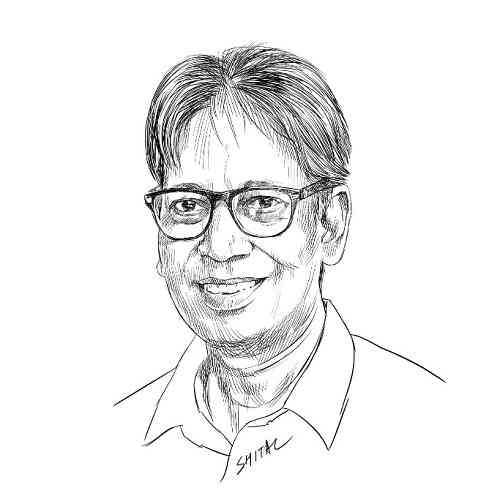Kejriwal directs DJB to resolve water contamination issues
Delhi Chief Minister Arvind Kejriwal on Monday directed the Delhi Jal Board (DJB) to develop a comprehensive plan to eradicate water contamination issues across the city.
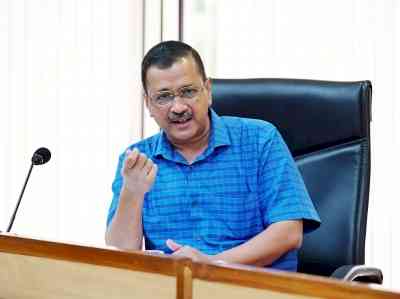
New Delhi, June 19 (IANS) Delhi Chief Minister Arvind Kejriwal on Monday directed the Delhi Jal Board (DJB) to develop a comprehensive plan to eradicate water contamination issues across the city.
Kejriwal chaired a high-level review meeting with DJB officials to assess the progress made and discuss future strategies for the timely implementation of a permanent solution.
Water Minister Saurabh Bhardwaj, Delhi Jal Board Vice Chairman Somnath Bharti, and senior DJB officials were present at the review meeting.
During the meeting, Kejriwal emphasized the need to identify the root causes of water contamination and develop an effective strategy to address the issue.
Kejriwal instructed the immediate installation of Reverse Osmosis (RO) plants in 20 identified JJ colonies. These plants will provide clean water to the residents while raising awareness about the importance of utilizing this resource for their daily needs.
Furthermore, he stressed the significance of ensuring water quality before initiating any tubewell project.
Thorough examination of water quality should be conducted before obtaining the necessary No Objection Certificates (NOCs) for tubewell installation, Kejriwal emphasized.
"If there is a problem of contaminated water anywhere, it should be completely eliminated. The identification of areas receiving contaminated water must be ensured, followed by the preparation of a detailed plan for a permanent solution and immediate implementation," said Kejriwal.
He gave strict instructions to DJB officials to promptly replace any pipes causing contaminated water issues, ensuring that no contaminated water is supplied anywhere.
Kejriwal also stated that clean water obtained from all sewage treatment plants should be made usable. "This water should be used to fill artificial lakes, and picnic spots should be developed around these lakes to provide people with a pleasant experience. Later, when the groundwater level around these lakes rises, the water can be extracted using tubewells," Kejriwal said.
He has also given instructions to fix all non-functioning flow meters and make them operational again.
In the meeting, the DJB presented a report on the identified land for tubewell installation. According to the report, DJB has identified 1,075 locations where approximately 1,428 tubewells will be installed. Currently, there are already 4,200 tubewells in place.



 IANS
IANS 
